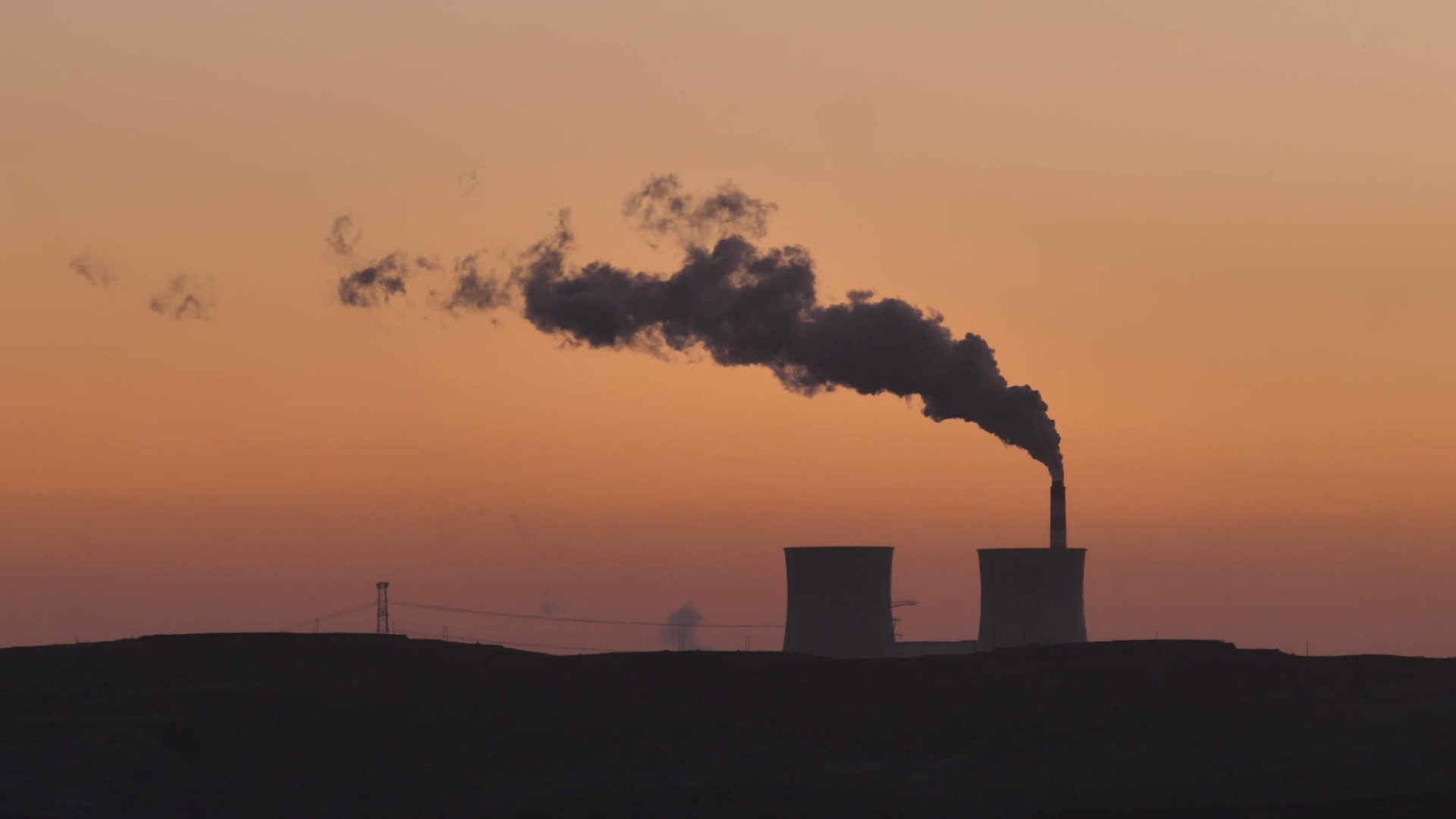Environmental Engineering Technologists & Technicians
Air Quality Instrument Specialist, Environmental Field Technician, Environmental Technician, Haz Tech (Hazardous Technician)
What they do:
Apply theory and principles of environmental engineering to modify, test, and operate equipment and devices used in the prevention, control, and remediation of environmental problems, including waste treatment and site remediation, under the direction of engineering staff or scientists. May assist in the development of environmental remediation devices.
On the job, you would:
- Maintain project logbook records or computer program files.
- Record laboratory or field data, including numerical data, test results, photographs, or summaries of visual observations.
- Perform environmental quality work in field or office settings.
Knowledge
Engineering and Technology
- product and service development
- mechanical
Business
- customer service
Math and Science
- arithmetic, algebra, geometry, calculus, or statistics
- chemistry
Arts and Humanities
- English language
Skills
Basic Skills
- listening to others, not interrupting, and asking good questions
- reading work related information
Problem Solving
- noticing a problem and figuring out the best way to solve it
People and Technology Systems
- thinking about the pros and cons of different options and picking the best one
- figuring out how a system should work and how changes in the future will affect it
Abilities
Verbal
- read and understand what is written
- communicate by speaking
Ideas and Logic
- make general rules or come up with answers from lots of detailed information
- use rules to solve problems
Attention
- pay attention to something without being distracted
Math
- add, subtract, multiply, or divide
Personality
People interested in this work like activities that include practical, hands-on problems and solutions.
They do well at jobs that need:
- Cautiousness
- Attention to Detail
- Dependability
- Integrity
- Intellectual Curiosity
- Achievement Orientation
Technology
You might use software like this on the job:
Analytical or scientific software
- Statistical software
- The MathWorks MATLAB
Presentation software
- Microsoft PowerPoint
Compliance software
- Material safety data sheet MSDS software
- Waste management software
Education
Education: (rated 4 of 5)
bachelor's degree or
high school diploma/GED
usually needed
high school diploma/GED
usually needed
Job Outlook
Below Average
New job opportunities are less likely in the future.
Explore More
- Environmental Compliance Inspectors
- Environmental Engineers
- Environmental Science & Protection Technicians, Including Health
- Environmental Scientists & Specialists, Including Health
- Water & Wastewater Treatment Plant & System Operators
You might like a career in one of these industries:
See more details at O*NET OnLine about Environmental Engineering Technologists & Technicians.





